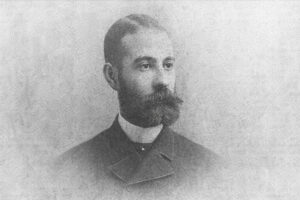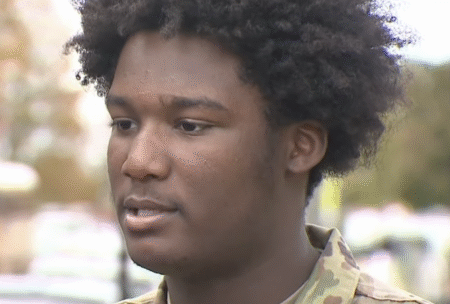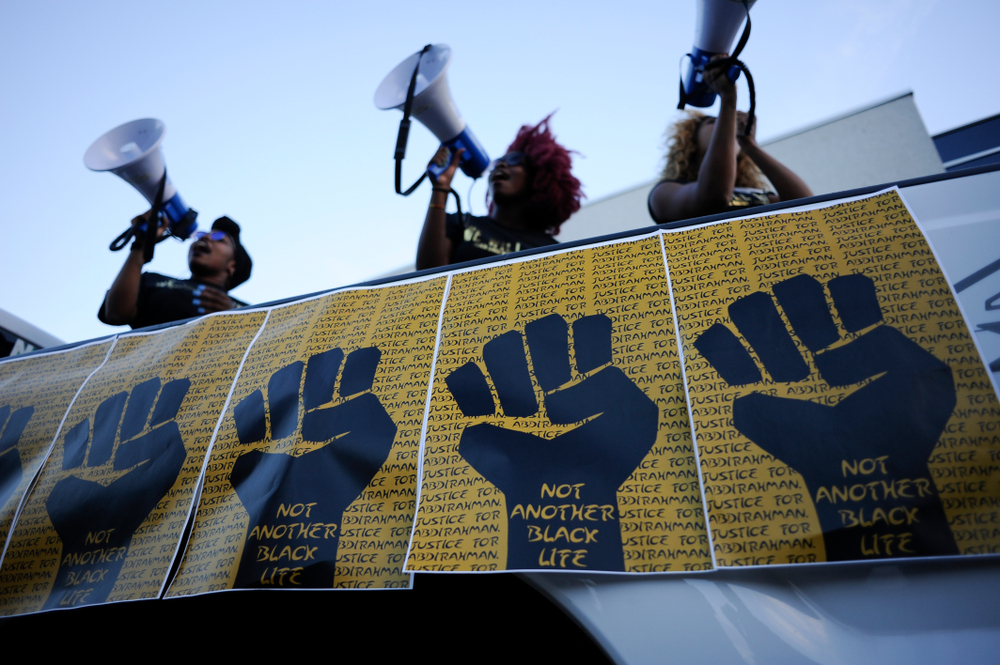A federal appeals court in Alabama recently ruled that the rights of 62-year-old Michael Sockwell, a man sentenced to death 35 years ago, were violated during his trial.
Announced by a three-judge panel on the 11th Circuit Court of Appeals, the 2-1 opinion found that Sockwell’s rights were rejected when the prosecutor rejected Black jurors for the trial out of the belief that they would be “sympathetic” to the defendant.
Sockwell’s attorneys argued that the 14th Amendment was violated when they rejected 80% of Black jurors who could have potentially been on the jury. In comparison, only 20% of white jurors were rejected.
Judge Robert J. Luck was the only one to dissent, arguing that race was not a consideration of the prosecutor, as they noted the race of white jurors as well.
With the latest ruling from the federal appeals court, Sockwell is now able to receive a retrial for his 1988 conviction of the murder of Montgomery County Sheriff Isaiah Harris. Prosecutors alleged that the then-26-year-old was hired by Harris’s wife to kill her husband to cover up an affair and receive insurance money.
Sockwell reportedly confessed to committing the crime in a videotape. However, at his trial, the defendant revealed that the officers interrogating him had threatened to kill him before the confession while also denying him food and water. Sockwell maintained that the man with whom Harris’ wife was having an affair committed the crime.
The jury eventually ruled to send Sockwell to life in prison, but a judge overruled the decision, choosing to sentence Sockwell to death. Attorneys for Sockwell previously said that his low IQ prevents him from consideration for the death penalty.
Previously, the civil rights group ACLU has emphasized how death penalty cases, in particular, can be prone to more convictions and more exclusions of Black jurors. The group attributes the process of death qualification as the reason behind this.
Per the ACLU, those who are not likely to vote in favor of the death penalty are often excluded and Black jurors are more likely to oppose the death penalty, leading to exclusions from juries.
“Ending death qualification moves us toward overcoming the shameful history of exclusion, terror, and injustice endured by Black Americans,” said the ACLU. “Participation in the jury, a voice in the just administration of criminal laws — these are essential acts of citizenship and democracy. When we have juries that represent all of us and include all of us, we strengthen our democracy, making it fairer and more just.”











